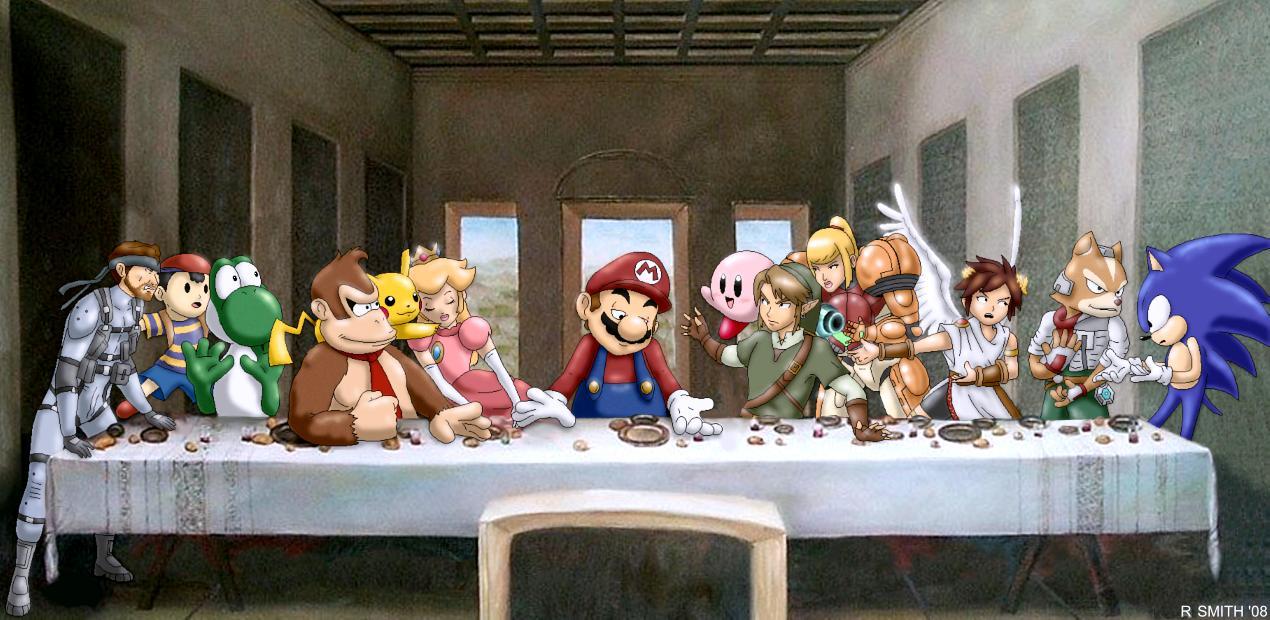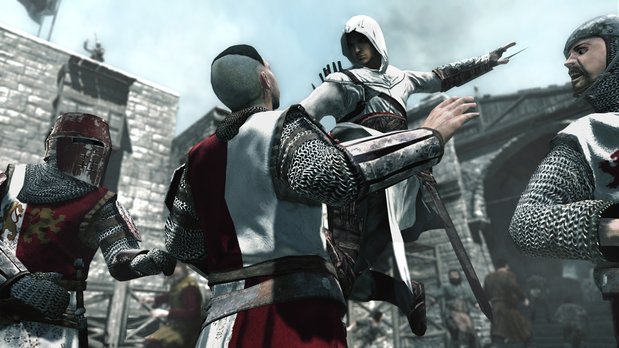In an interview at this year’s E3, Aisha Tyler, star of Archer said, “The idea that there’s not diversity in gameplay is just not true. Does it need to be better? Absolutely.” Tyler’s assessment in the first sentence is technically correct, I guess. There is some small, small evidence of diversity in video games. She cites Tomb Raider and The Walking Dead as examples. Her assessment in the second sentence is right on, though: Diversity in games needs to be better.
For me, having a handful of games we can point to as examples of diversity isn’t enough. And, to be fair, I’m not criticizing her assessment. Tyler here seems to be willing to allow a bit of room for error in the gaming industry as long as it continues to move forward. She says Lara Croft was a badass. I totally agree that Lara Croft was indeed a badass, although I know several people who disagree and, instead, found Lara to be far too needy to be the strong, independent character they were hoping for. Tyler also mentioned that many males have been playing Tomb Raider as a female for years. True, but we can’t ignore the many males who play female protagonists simply for the “view.” Tyler also mentioned the diverse characters in The Walking Dead, particularly the main character, Lee. Yes, Lee was a black male, but at the same time, he starts the game in the back of a police car (among other problems).
So, she’s technically right, some (few) games have diverse characters. I also understand that Tyler likely had limited time to get her point across, and it’s a good one. Tyler’s point is one the gaming community at large needs to hear: “Gamers have to DEMAND change, both with their voices and their pocketbooks.” But, I would like to see diversity in video games that goes beyond inserting stereotypical characters into a game and calling it diverse.
I’m with her in some respects, though. There is some diversity, but we need a lot more. In the comments on the NPR article, one of the commenters writes how the lack of Hispanic protagonists makes it difficult for his friend to become immersed in the game. As a female gamer, I can relate. If I’m forced to play a male protagonist, especially if I don’t particularly like the character, I find myself constantly getting pulled out of the game, and it affects my experience. Another commenter wrote:
At the very least, having more diverse characters could result in more varied stories instead of yet another cookie cutter cliched copies of the same video game heroes that have appeared in whatever was popular last year.
Yes, please. I would love to have a richer more varied game experience. Lately, I’ve found myself bored by new games, especially new AAA games. It’s seems like it’s the same thing over and over. But, at the same time, this is where Tyler’s call to “demand change with both voices and pocketbooks” becomes a challenge. I have to wonder about the effectiveness of voting with our pocketbooks in the current gaming environment. AAA’s sell. And, Tomb Raider was a hit despite the controversy about rape. A more recent game, Tomodachi Life, seems to be selling quite well despite it’s recent controversy over same-sex marriage.
Diversity in video games is a thorny topic, and as Tyler suggests, even small change in the right direction is helpful. But, it seems with every small change, we are then hit with a big one, like the recent announcement by Ubisoft that adding female characters is too much work, as Jennifer wrote about last week. I would love to see a developer put in the work that it would take to create a diverse game with a rich, immersive experience. I don’t think we’ll get there until we see diverse characters without stereotypes, such as a black male (in the back of a police car) or a strong female (only strong after surviving sexual assault).





One thought on “Diversity or Stereotypes?”
“Yes, please. I would love to have a richer more varied game experience.”
That’s exactly how I feel about comics! Do not need tons more of the same old tired stuff, diversity of all kinds means more variety of stories and art. That’s better for everyone.